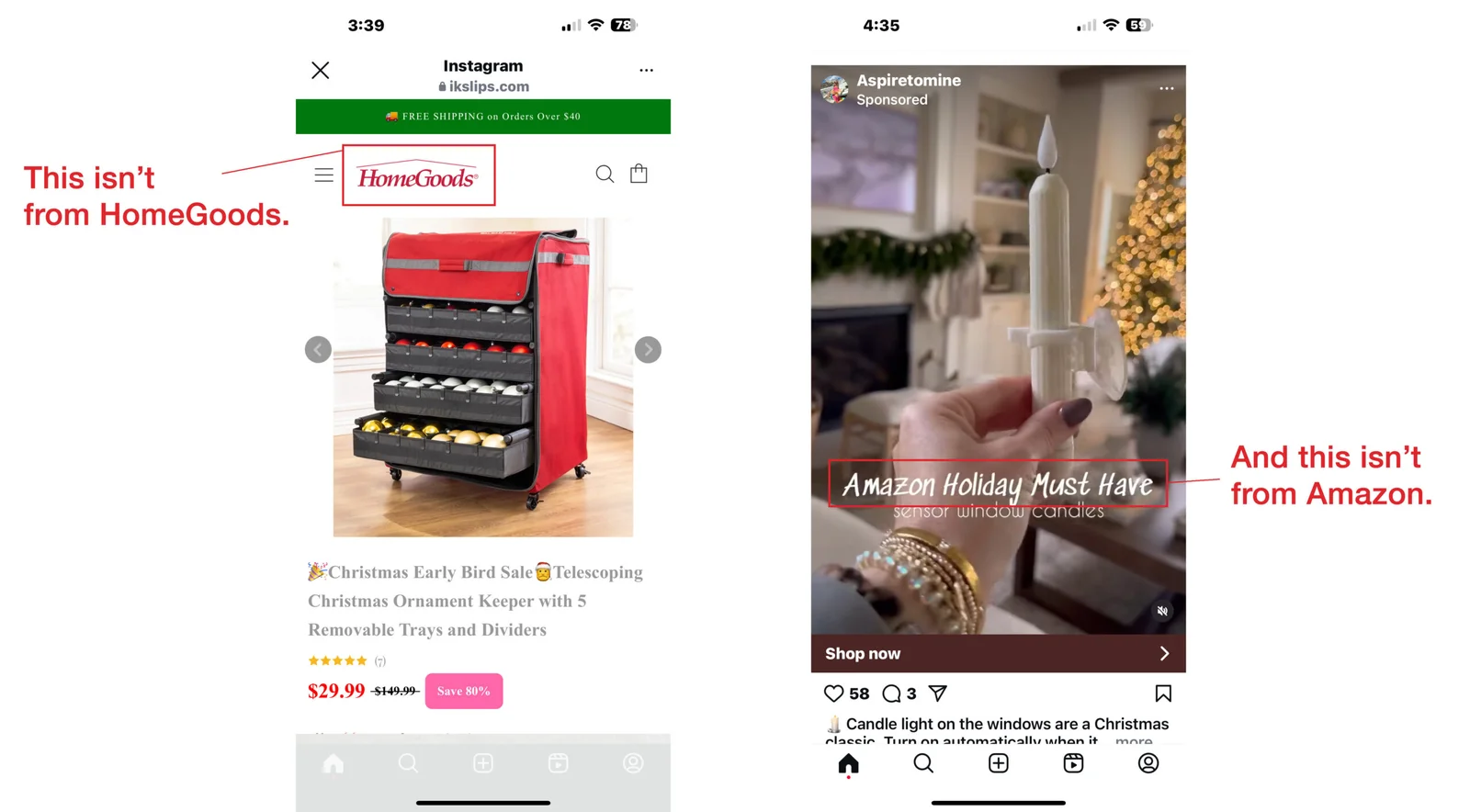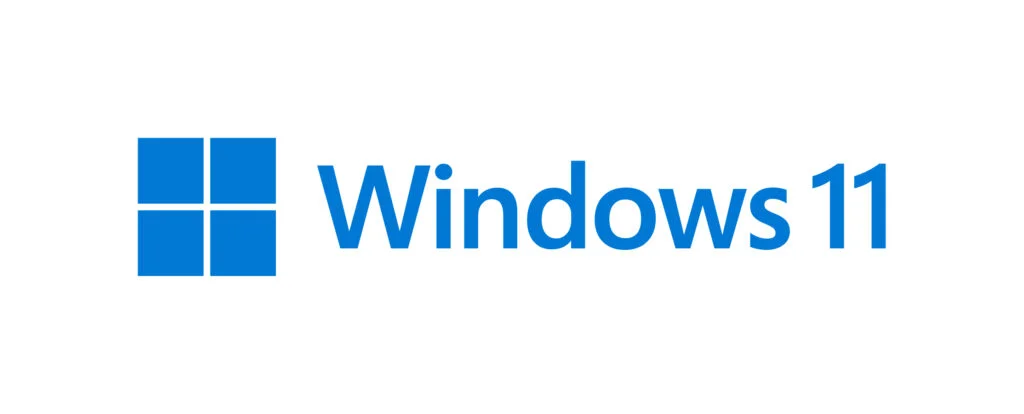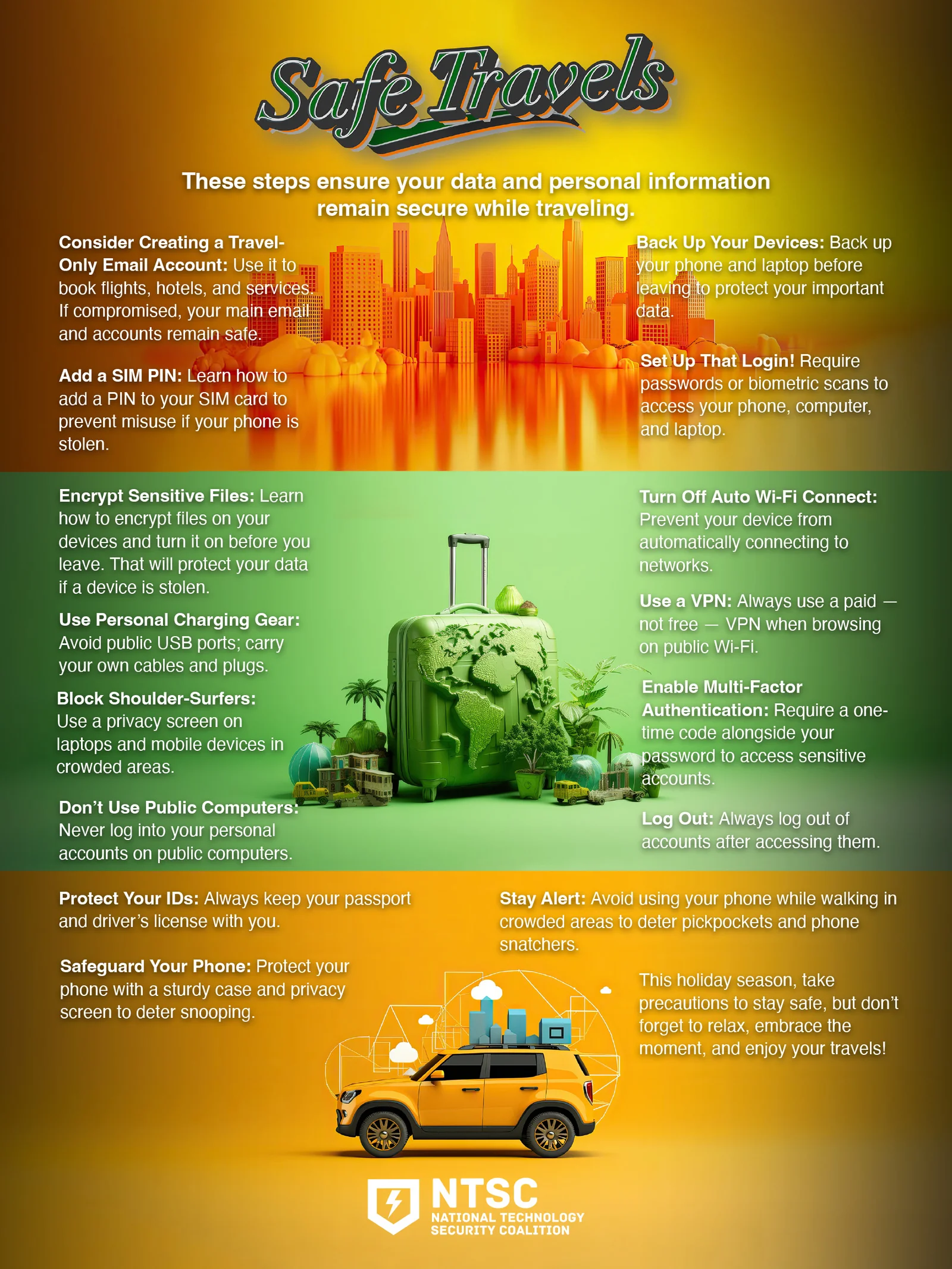

Holiday ads are everywhere on social media.
Remember, just because they appear in your Instagram feed doesn’t mean they’re good deals.
For example, these ads claim to offer incredible deals.
But look closely: they aren’t affiliated with the companies they claim to be.

Always look at the web address in the ad.
If it’s not a name you recognize, steer clear from making a purchase.
The product may not be what’s advertised or may not arrive at all.
Cybersecurity News You Can Use

USE IT OR LOSE IT: The restaurant chain TGI Friday’s filed for bankruptcy in November, potentially leaving customers with unusable gift cards. According to USA Today, there are approximately $50 million in unredeemed gift cards—more than the parent company has in the bank. Court negotiations are ongoing to decide the fate of these cards. This situation highlights why it’s a good idea to redeem gift cards—which remain the most popular holiday gift—sooner rather than later.
GOOGLE PIXEL PHONES NOW OUTSMART SCAMMERS IN REAL-TIME: Scammers will steal nearly $1 trillion this year, much of it through phone call fraud. To combat it, Google has introduced a new Scam Detection in its Pixel phones that scans calls in real-time. PCMag says the AI tool analyzes “conversation patterns commonly associated with scams,” such as a caller pretending to be your bank and urgently requesting a fund transfer. If the system detects potential fraud, it alerts users with an audio cue, haptic feedback, and a visual warning.

ONE STEP CLOSER TO ENDING PASSWORDS (!): Microsoft has just announced an update to Windows 11 that introduces support for passkeys through third-party providers like 1Password. It’s a big step toward a password-less future. Although passwords aren’t going to disappear right away, this marks a big step toward adoption of passkeys like Face ID or a fingerprint, which is a more secure alternative to traditional passwords.


One more thing...

Answers to Your
Cybersecurity Questions
I forgot my Gmail password. What do I do now? — Andrew S.
If you’ve forgotten your email password or are unable to log into your account, do a web search for the Google Account Recovery Page and follow the steps. Update your email password immediately, using a long passphrase, or subscribe to a password manager app to simplify password management. And while you’re at it, enable two-factor authentication on the account for added protection. For Microsoft and Apple email accounts, follow similar recovery procedures.
Avoid asking for help on social media — Fortune says this can attract fraudsters. Stick to official recovery channels to keep your account secure.
How does a scammer get a hold of your banking card info and then charge something on it? — Patricia F.
There are many ways criminals can steal your card information. The most common is through data breaches that expose card numbers. Your card details can also be stolen when you hand it to a salesperson or waiter, or when you swipe it at a skimming device attached to a store or gas station terminal. Clicking on phishing emails or fake ads can also compromise your card information. Additionally, criminals can intercept your card details if you use public Wi-Fi without proper security.
What VPN should I choose for a used device I’ve been given? — Adam S.
Whether your personal phone or computer is new or used, a reliable VPN app is essential for protecting your online activities from hackers on public Wi-Fi. Trusted VPN brands include ExpressVPN, NordVPN, ProtonVPN, IPVanish, and Surfshark. Avoid using free VPNs, as they often lack proper security features.
A reader asked if it’s safe to connect your computer to your phone’s mobile network for browsing. Yes, this is safe, but be aware that it can quickly consume a large amount of data, which may lead to additional charges or your provider throttling your connection until the next billing cycle.
Cyber cartoon © 2024 Cartoonstock.com | Original content © 2024 Aware Force LLC